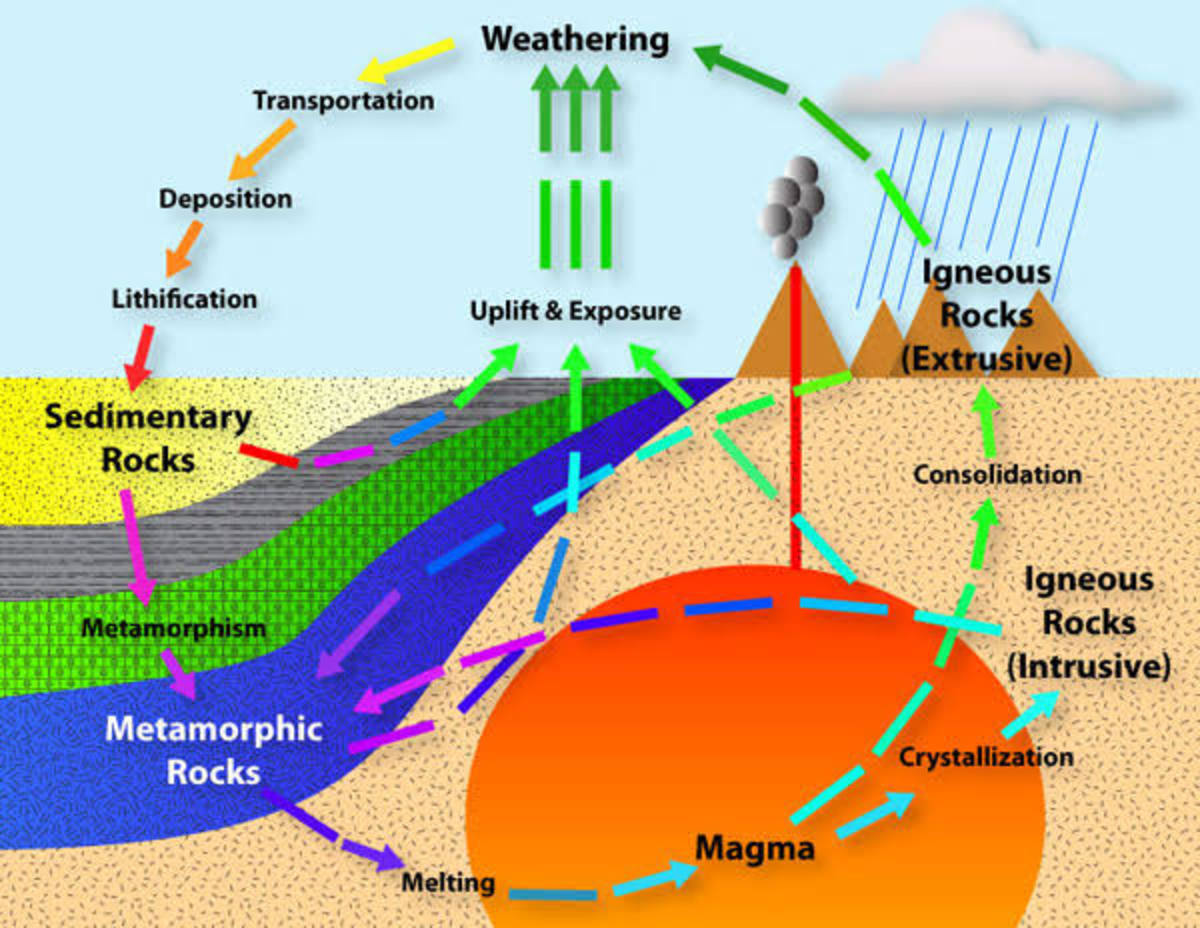Academic inflation: Do we need a Master degree in hairdressing?
Nowadays, the value of university degrees are undergoing a similar process of purchasing power of paper currencies.
Academic Inflation is inflation in academic qualifications and inflation of the minimum job requirement where too many college education individuals compete for too few jobs requiring these qualifications. This condition leads to an intensified race for higher qualification where a bachelors degree of today is no longer good enough to gain employment, and an inflation in the minimum degree requirements to the level of masters degrees, Phd's, and post-doctoral levels, particularly in areas where advanced degree knowledge is completely unnecessary to perform the required job. You can find Master degrees in hairdressing and it is not uncommon that the minimum job requirement for a secretary is a BA degree today.
The institutionalizing of professional education has resulted in fewer and fewer opportunities for young people to work their way up from artisan to professional status (eg. as an engineer) by 'learning on the job. Academic Inflation leads employers to put more and more faith into certificates and diplomas awarded. And we have become so used to inflation that we think it is a good thing and use the percentage of people with a university degree to measure the quality of workforce.
However research on studies of the relationship between college grades and subsequent work achievement have concluded that college grades are not a predictor to achievement and even medical school grades appear not to predict future proficiency as a general practitioner.

Looking back to the appointment policies of university lectureship earlier this century, and to compare them with those of today. We have forgotten, perhaps, that the PhD was brought to Britain only after the First World War and to China after the Great Culture Revolution in 1970s. Until then, scientists were trained up to Bachelar level. University lecturers were usually appointed after their first degree, in their early twenties. It is worth recalling that a PhD is not essential; even today there are a number of highly distinguished scientists who do not have one, and the great scientists of the past seemed to have coped happily without any equivalent.
This pattern was common until quite recently. Promising graduates were often appointed to lectureships before they had submitted their PhD theses, which they then completed as members of staff. One problem with this system was that performance as an undergraduate does not always correlate well with performance in research. The next step was to require PhD submission before appointment, allowing some assess ment to be made of a candidate's research potential - and incidentally bringing the age of a new lecturer up into the middle or late twenties.
But this was not enough. As competition for permanent positions increased, academic inflation began to set in. Departments were able to insist not only on a completed PhD, but also upon a substantial period of post-doctoral research. This brings our story up to the present day: most lecturers are being appointed in their early to middle thirties! Newly graduated PhDs find that it is very difficult for them to find an academic job in universities without post-doctoral experience and some of them begin to enter colleges and even middle schools to secure a perminant job. If this has not yet happened in U.K., at least it is happenning in biggest cities in China where competition for permancent positions in higher education is very severe.
Probably now it's the time to think again about why we require so many years of study before offering a proper job, some of which are completely unnecessary for the required work. Do we really need our hairdresser has a MSc degree?







